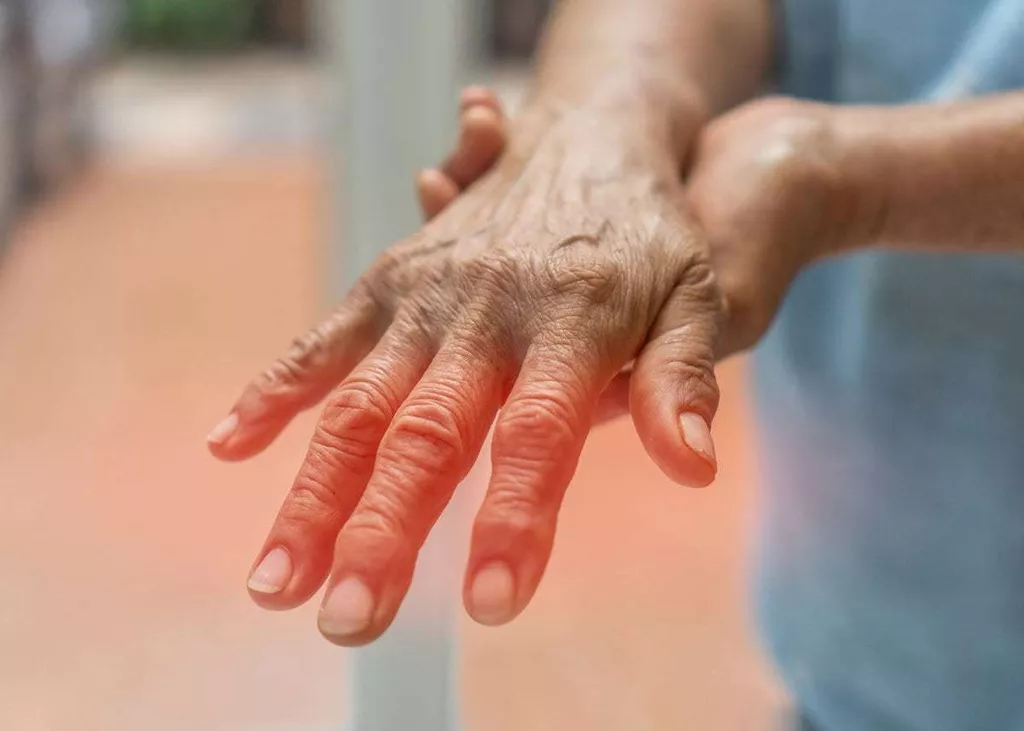Sneezing After Eating: Causes, Treatment, and More
However, the severity of these symptoms may vary from person to person. Pure ethanol is a moderately effective and transient bronchodilator and likely relaxes airway smooth muscle tone. The mechanisms responsible for alcohol-induced relaxation of airways are poorly understood and may include receptor-and non receptor-mediated signal transduction pathways involving calcium and/or nitric oxide as second messengers. Many non-alcohol components of alcoholic beverages likely act as triggers for asthma in sensitized individuals and as such are not different from other asthma triggers. Acetaldehyde, the primary metabolite of ethanol, can trigger bronchoconstriction in asthmatics with genetically reduced ALDH2 activity and represents a significant trigger for asthma in certain Asian populations. The impact of alcohol on airway mucus represents an understudied area.
deep-tech solutions for the world’s biggest healthcare challenges
If a person suspects they have an allergy, it’s important they be evaluated by a specialist. Dec. 24, 2012— — Kristin Brown loved to drink – perhaps partied a little too much when she was in her 20s, but when she hit her 30s, alcohol suddenly hit her the wrong way. You need to sneeze, but no matter what you do, you just can’t. To make yourself sneeze, you can stimulate your trigeminal nerve (fifth cranial nerve). It’s responsible for scalp and facial sensations and motor functions like chewing and swallowing.
Does your heart stop when you sneeze?
Non-allergic rhinitis can be more difficult to treat and depends on the cause. Steroid and antihistamine nasal sprays are usually recommended for non-allergic rhinitis. While alcohol can help you fall asleep faster, it has a negative effect on sleep quality and duration.
What Are the Immediate and Long-Term Health Benefits After You Stop Drinking Alcohol?
Instead, they state that the data indicate that alcohol interacts with a component involving the body’s allergic response. Genuine alcohol allergies, in which people only react to the alcohol, are much less frequent. Participants drank the amount of alcohol needed to reach 0.06 per cent blood alcohol concentration, similar to typical driving limits in the West.
How to get rid of a runny nose due to an allergy

Individuals with COPD typically have, to varying degrees, elements of asthma, bronchitis and emphysema. The presence of obstruction on lung airflow and volume measurements (spirometry) almost always indicates airways disease within the lung. Early basic studies of alcohol on airway cilia could not quantify CBF and instead measured the time to complete cessation of ciliary motion (ciliostasis) following direct application of alcohol to airway tissues. While informative, ciliostasis is not a very physiologic endpoint and the extremely high and biologically irrelevant concentrations of alcohol used in these early studies limit their applicability. Some people experience flushing, headaches, and nausea shortly after drinking alcohol.
- The authors concluded that alcohol had a clear anti-asthmatic effect confirming the findings of Salter from a century before.
- For example, potential symptoms include red and itchy skin, nasal congestion, shortness of breath, abdominal pain, and diarrhea.
- Following the repeal of Prohibition in 1933, more rigorous studies using alcohol as a treatment for asthma began to appear.
- Large polyps may need to be surgically removed but smaller polyps can often be treated with steroid nasal drops (see above) which help to shrink them.
- To make yourself sneeze, you can stimulate your trigeminal nerve (fifth cranial nerve).
Healthy individuals typically have an oxygen saturation between 95% to 100%, according to the Centers for Disease Control and Prevention. Experts say that an oxygen saturation below 90% is cause for concern. The experiment had a break of two days, and then the participants’ roles were reversed—the participants who had consumed alcohol before sleeping then slept without consuming alcohol, and vice versa. Sulfites, histamines, and tannins are among some of the substances believed to contribute to a wine intolerance. To get to the bottom of what’s causing you to sneeze, keep track of when and what you eat to see if you can find any patterns. They can help you come up with a plan to manage your sneezing.
Hay fever sufferers: stick to gin and vodka – and avoid champagne – inews
Hay fever sufferers: stick to gin and vodka – and avoid champagne.
Posted: Mon, 23 Apr 2018 07:00:00 GMT [source]
- Eating certain types of food or very large meals can both cause nasal irritation.
- Opioid use disorder is considered a chronic relapsing condition, which means that individuals may require multiple rounds of treatment and are at risk of misusing opioids in the future.
- Even a small amount of alcohol can trigger a severe reaction.
- If any of the following scenarios seem familar, it might be time to make some changes.
Improper use of neti pots can, on rare occasions, make runny noses worse or cause sinus infections. If you don’t have any other symptoms, there are several ways to manage a runny nose at home with natural self-care options that don’t involve alcohol and sneezing medication. This article explores home remedies you can use to help ease the symptoms of a runny nose. Home remedies that help you stay hydrated and keep the nasal area moist can make you feel more comfortable if you have a runny nose.
- People of Chinese, Japanese and/or Korean descent often have a variant of one or both enzymes that leads to an impaired ability to metabolize alcohol.
- Most studies have focused on the effect of alcohol on clearance and ciliary motility.
- The immune system then triggers cells to release immunoglobulin E antibodies to neutralize the allergen, and that causes allergic symptoms, according to the Mayo Clinic.
- Histamine is involved in your body’s immune response to allergens.
- It can affect anyone of any age, although it affects adults more commonly than children.
If you suddenly stop drinking, your brain has to adjust again, causing these withdrawal symptoms. Drinking alcohol can cause you to feel warm or red in the face. This can happen because alcohol dilates blood vessels, making skin appear more flushed. It can also happen in people who have a genetic defect in the aldehyde dehydrogenase 2 (ALDH2) gene. People with this defect aren’t able to metabolize alcohol as quickly as others, which leads to a buildup of a compound called acetaldehyde that is known to cause skin flushing. Another reason why alcohol can cause wheezing is that it not only contains histamines but also stimulates the body to release excess histamines, causing an inflammatory response.



